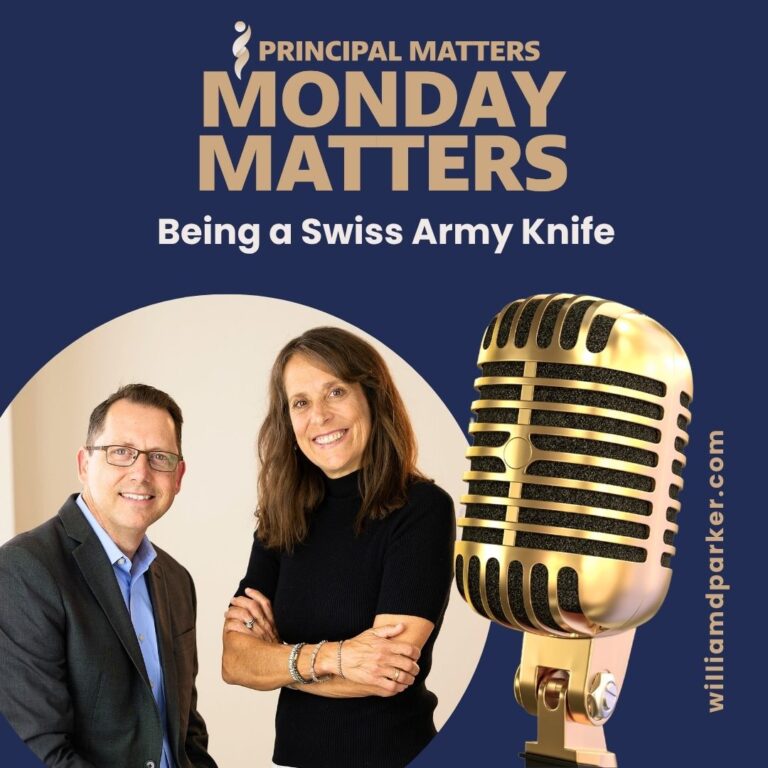Last weekend, our high school football team came home with a silver instead of gold trophy from their state championship contest.
Their experience reminded me of this quote:
“It is not the critic who counts; not the man who points out how the strong man stumbles, or where the doer of deeds could have done them better. The credit belongs to the man who is actually in the arena, whose face is marred by dust and sweat and blood; who strives valiantly; who errs, who comes short again and again, because there is no effort without error and shortcoming; but who does actually strive to do the deeds; who knows great enthusiasms, the great devotions; who spends himself in a worthy cause; who at the best knows in the end the triumph of high achievement, and who at the worst, if he fails, at least fails while daring greatly, so that his place shall never be with those cold and timid souls who neither know victory nor defeat.” -Theodore Roosevelt
I heard that quote recently while listening to an inspiring interview with Bo Eason, former NFL player and now accomplished playwright and actor.
Sometimes we don’t think about the down-side of reaching great successes, but Bo talked about how successful people like himself often face enormous stress or depression after pinnacle experiences.
Maybe you are experiencing some challenging times right now. Or maybe you have experienced some high moments.
Either way, here are some takeaways I gleaned from Eason’s insights from those experiences:
1. Don’t allow your last mission to side-track you from the next one.
One of the dilemmas faced by people who have fought life-battles is the danger of not knowing how to handle oneself when the current mission ends.
For athletes at the end of a season or career, they may no longer feel like they have an arena for expressing their best gifts. For others it may be the aftermath of landing a new position, reaching a personal goal, buying a house or having your first child.
Setting your sights on new goals that capitalize on the lessons learned from past ones can help you transition to what is next.
2. Discover your story and learn to tell it to others.
Each person has a unique story, and your experiences have taught you insights and lessons that can benefit others. It is actually your responsibility to share that story with others.
Just like Malcolm Gladwell explains in his book Outliers, a person with 10,000 hours of experience in a field usually becomes an expert.
It is very likely you have invested years into a specific skill that you now consider second-nature. But what are the “common sense” habits or actions you practice that can benefit others if they were to learn those skills?
Unsure what your strengths are? Ask a few trusted friends. You may be surprised what you hear.
Then begin to develop goals based on your strengths.
3. Surround yourself with positive influences.
If you are the sum of the people with whom you spend the most time, then who are you becoming like?
You must purposely pursue others (inside or outside the arena of work) whose influence motivates and inspires you.
As you think about who influences you most, consider what you are reading, to whom you are listening and what habits you are practicing each day.
How are these “inputs” directly affecting your own beliefs, motivations, and actions?
4. Seek out good mentors. Study and practice their habits and actions.
A good artist spends time studying the work of great artists. A good musician spends time studying the music of great musicians. Good teachers study great ones.
What is it you want to be great at doing? With the accessibility of online information, you can literally connect with experts around the world.
Sometimes a great mentor is a doorway, a phone call or even a few keystrokes away. Find yours and take advantage of their experience and generosity to teach.
Conclusion
Although last weekend’s championship game for my school’s football team was not their most stellar performance of the season, it was still an amazing experience for them.
Coaches as well as players gave it their best all season long. They dared greatly.
Unfortunately, in football or in life, the easier role to play is that of the critic. It’s easy to call shots from the stands or while removed from the heat of the battle.
What would happen instead if you chose a more productive route–one based on lessons learned in the past, using your strengths to pass on lessons to others, choosing to invest in positive influences, and modeling yourself after others whose habits you admire most?
If we do, we may find ourselves among those who have dared to dare greatly…whose place “is never among the cold and timid souls who neither know victory or defeat.”
Now It’s Your Turn
What are some lessons you have learned after facing big victories or defeats? Share with the rest of us.
Sign-Up For Free Updates
When you enter your email address here, you will automatically receive my newest posts. Let’s keep learning together!




